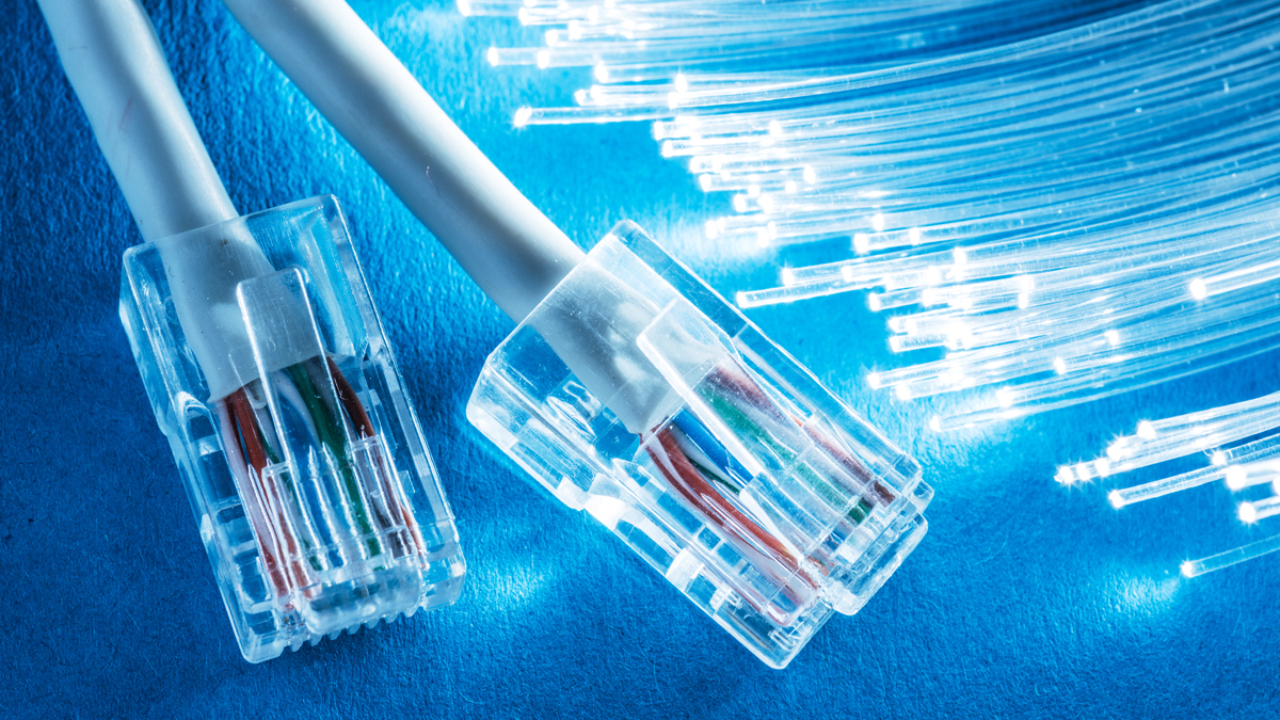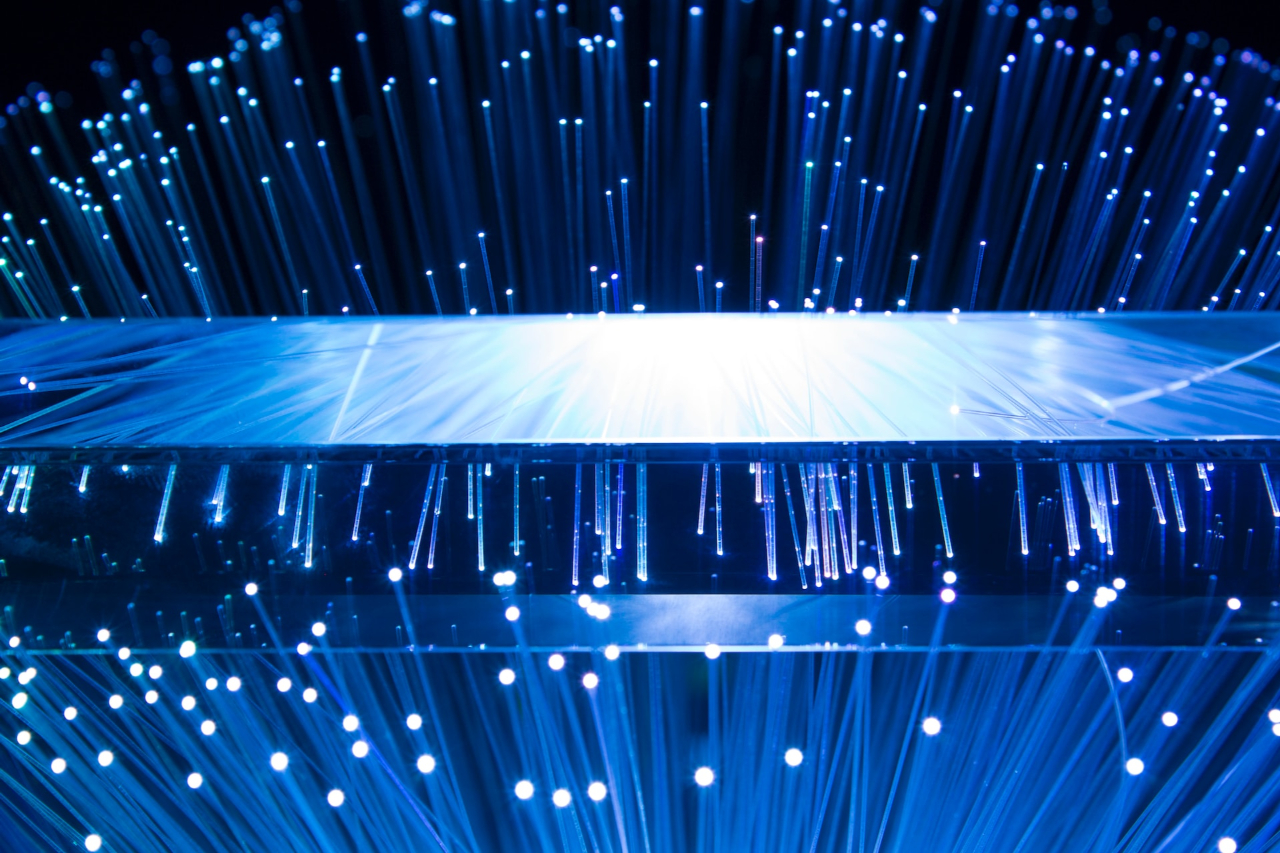
In a world where everything’s connected, a slow internet connection feels like a cosmic joke. Tired of buffering bafflegab? Let’s dive into the battle of broadband: fiber optic internet vs WiFi.
Whether you’re working from home, streaming movies, or managing smart home devices, the quality of your internet can make a significant difference.
This guide will help homeowners decide between two popular options: fiber optic internet and WiFi. We’ll break down their key features, and advantages, and answer some common questions to help you make an informed decision.
What is Fiber Optic Internet?

Fiber optic internet uses thin strands of glass or plastic fibers to transmit data as light signals. This results in incredibly fast and stable internet connections.
Benefits of Fiber Optic Internet

Fiber optic internet offers several key benefits:
- Speed: Fiber optic internet offers speeds up to 1 Gbps or higher, making it ideal for activities like streaming 4K videos, online gaming, and large file downloads.
- Reliability: Unlike traditional copper cables, fiber optics are less susceptible to interference, providing a more stable connection.
- Bandwidth: Fiber optic networks can handle multiple devices simultaneously without compromising speed or performance.
Benefits of WiFi

WiFi offers several benefits that make it a popular choice for home and business networks:
- Convenience: WiFi enables wireless internet access throughout your home, eliminating the need for cables.
- Flexibility: Easily connect smartphones, tablets, laptops, and other devices without physical connections.
- Cost-effective: Setting up a WiFi network is generally cheaper and simpler than installing fiber optic cables.
FAQs: Fiber Optic Internet vs WiFi
Here is a set of FAQs focused on fiber optic internet vs WiFi:
Is Fiber Optic Internet Faster Than WiFi?

Yes, fiber optic internet typically offers faster speeds compared to WiFi. While WiFi speeds depend on the plan and router capabilities, fiber optic connections provide consistent high-speed internet.
Which is More Reliable?

Fiber optic internet is more reliable than WiFi. It is less prone to interference from electronic devices and weather conditions, ensuring a stable connection.
What About Installation and Costs?

Installing fiber optic internet can be more expensive and time-consuming, as it requires specialized infrastructure. On the other hand, setting up WiFi is usually quicker and less costly, especially if your home already has an internet connection.
Can I Use Both Fiber Optic Internet and WiFi?

Absolutely! Many homeowners use a combination of both. Fiber optic internet provides a robust wired connection, while WiFi offers wireless convenience. You can connect your WiFi router to the fiber optic modem to enjoy the best of both worlds.
Conclusion
When deciding between fiber optic internet and WiFi, consider your specific needs and usage habits. Fiber optic internet is the best option if you prioritize speed and reliability and are willing to invest in installation. However, if convenience and cost are more important, WiFi might be the better choice.
Still not sure which option is right for you? Contact AiNET for personalized recommendations and explore the possibilities of combining both technologies to create an optimal home network.
